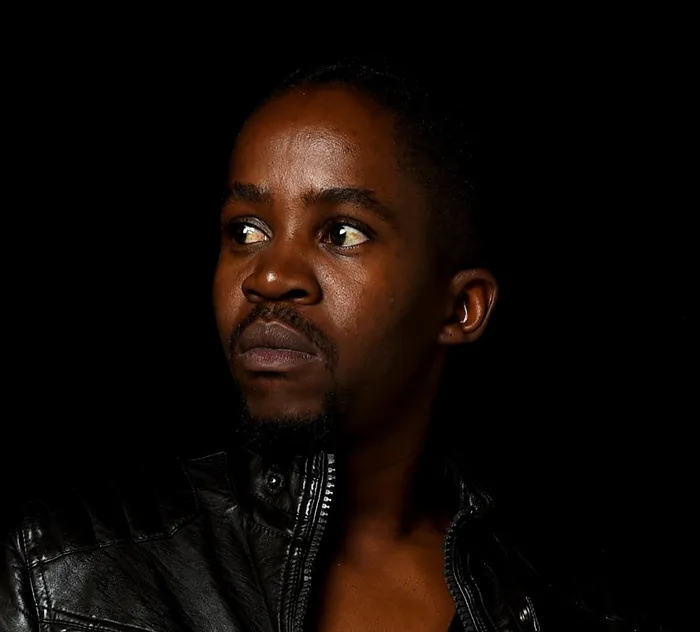
Rabbie Serumula, author, award-winning poet, journalist.
Image: File Picture
America has discovered a new export from South Africa: not wine, not platinum, not coal, but victimhood. In the latest US human rights report, Afrikaners are cast as the persecuted minority, their fate packaged for American audiences as a morality tale of white farmers under siege. It’s a story that plays neatly into the anxieties of Trump’s conservative base: white Christian families displaced, driven from "their ancestral lands", "refugees" waiting to be saved.
But like most exports, this one has been stripped, refined, and rebranded for foreign consumption. In this telling, land reform becomes theft, and the farmer’s hand is always the one that bleeds. What goes missing is the other half of the story: the millions dispossessed of land through centuries of conquest, war, and apartheid laws. Their wounds are too messy, too dark, too political to make it into the glossy packaging of a Washington report.
There is an absurdity here, the kind that only history can provide. The descendants of colonisers, beneficiaries of forced removals and racial privilege, are suddenly reimagined as the dispossessed. The narrative flips like a coin, and somehow, those who once held the whip now wear the cloak of victimhood. It is the ghost of colonial inversion: the old order rearranged to look like a new injustice.
The Trump Administration has gone further, turning the myth into policy. By opening its doors to Afrikaner refugees, the US offers sanctuary to white farmers while keeping its borders shut to Haitians, Palestinians, and Mexicans fleeing real wars, famines, and state collapse. Refugee status becomes a privilege extended selectively, not a human right, but a political tool. Suffering, it seems, only counts when it comes in the right shade.
This weaponisation of human rights reporting reduces the global conversation to theatre. America plays the role of saviour, while South Africa is cast as the villain; its land reform recast as persecution, its attempts at justice reframed as vengeance. In the process, the real crises, gender-based violence, township poverty, shack fires, and the daily grind of inequality slip off the stage entirely.
It is easier to cry for the farmer than for the domestic worker. Easier to imagine exile than to confront the stubborn reality of shacks without toilets, schools without books, hospitals without medicine. White tears travel better across the Atlantic; black wounds are too easily ignored.
Perhaps this is the most dangerous part of the narrative: it silences the majority by amplifying the myth of minority persecution. It makes the knife of dispossession vanish from the body of the nation, leaving only the hand that once gripped the blade to be bandaged and comforted.
America may choose to buy this export, but South Africa cannot afford its price. Our future doesn't depend on comforting illusions, but on confronting the truth of our history, and finally, after centuries, returning the land to those from whom it was stolen.